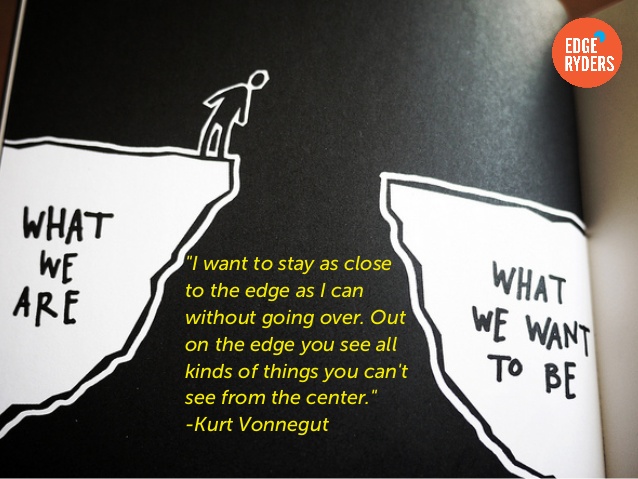
Notes from community call 11/4 with @Moushira, @Alberto_Simonetti, @zoescope, @LuceChiodelliUB, @Patrick_Andrews, @Noemi
The main topic we discussed was about the Open Care engagement activities under way, and the need to make sure our work feeds into the online conversation (mainly Noemi’s concerns that if engagement outcomes are not online, the research will not be there and we’re missing the opportunity to learn from each other)
Alberto:
Milano team: first cycle of the engagement in the project is almost over; they are collecting stories from these communities where workshops were held- migrants, elderly etc.
The process in Milano is: the team organises events for specific audience groups and presents the project; then they take people in private and see which people are eager to tell their stories; ask them to send them once they are written.
In the 1st meeting with early dancers - they rounded people up and asked them to talk to us in very informal ways; now thinking about meeting them with videomakers to capture stories easily. Result: WeMake team are working on some stories of activation in Open Care - Zoe mentions it helps if you have good examples, then the people can relate more.
Zoe
“Some people don’t have the capacity for storytelling”
If you’re talking to someone v different from you about what problems you have, that is different than talking with someone same as you; there is a level of interaction that is shared. Also, if you have an infinite audience to hear your story it’s a step that makes it very different when talking about it.
Moushira
The platform doesn’t support direct embed of sound recordings, which makes it challenging to integrate podcasts.
Setting up a platform and place for storytelling, doesn’t gurantee that everyone will use it in the right way, for the below reasons:
- Language barrier (English only)
- Lack of motivation: People don't understand the big picture. What is opencare? Where can they find simple straightforward information about it? The landing page could be overwhelming
- Security (what if the story involves violence, running away from something..etc)
- Privacy (what if the person doesn't want to share in public!), we don't have options for sharing anonymously
- Storytelling is a gift, not everyone with a story knows how to tell it
- The only way to share is to write it down. Uploading podcasts is a multiprocess
Some ways to go about discomfort when sharing stories: an environment that is conducive to sharing stories publicly is theatre; makes people think that they are putting themselves at distance (e.g. abuse for women).
Another option is role playing in front of a small audience - then people want to be part of the performance (Zoe)
Zoe:
It’s important to see if they have experience or if they are able to connect with what we are doing. Many people who are already in the care community are not digitally advanced -are not using English, or sharing platforms online. The fact that Op3n Care is online is not helping. Facebook is very common in Italy, but mostly for youth. It’s important to offer another platform/medium for people to share their story because they need to be and feel close; and because they find online challenging
When we do workshops we have teenagers very used to make videos, share pics, hashtags etc. with the care community it’s a different mindset; make them shift
What resources are available to better facilitate story collection?
Zoe - we don’t have budget from our WeMake activities to put into facilitating the stories. We don’t have time to take a story and put it online
Moushira mentioned some other blocks that we need to be aware of:
- make it clear that people can write in English
- make it clear that there is a possibility to write anonymously online;
- privacy is very important!
Zoe:
It’s part of the research to understand which part of the community we’re talking about. Figuring out contexts in which communities share is an outcome in itself - maybe this level of sharing is too open. A take away point is that we need to be giving people the means, the tools, the concept of why this sharing is important
Noemi, Zoe, Alberto:
Our research is twofold - online and physical workshops, important components for the project; the offline components are complementary to online; however, the online is also a means to go deeper into a story because those participating and engaging with the protagonist are contributing new knowledge! Don’t forget that for the people we engage the value is not talking to us, but talking to each other
Luce closed the call letting us know about developments in Bordeaux:
They are about to make two big announcements about OpenCare: for Computer Science Lab and at Uni level to get more researchers onboard for prototyping; e.g. 2 researchers working with lasers to produce human tissue - Luce will see if there are ways for him to get involved, as a lot of people in the lab working with interesting stuff and it would be a pity not to use it. Will connect these with WeMake.
Can you help? We’re looking for creative ideas to speed up the sharing and make it more lively and insightful for everyone joining Op3n Care. See the stories shared already and say hi to new community members!
See you online next Monday 4:30PM CET (follow Op3nCare Meetups)